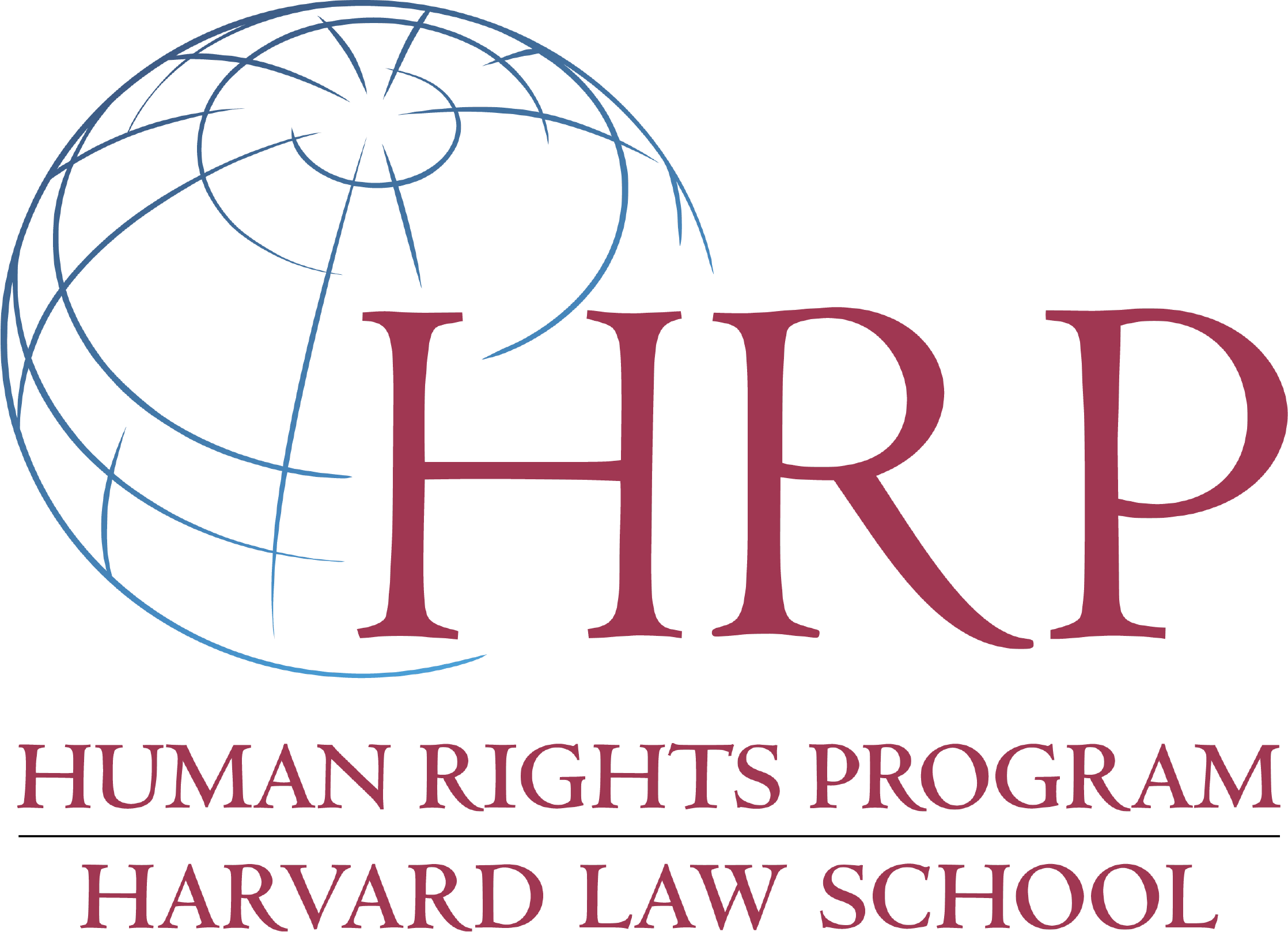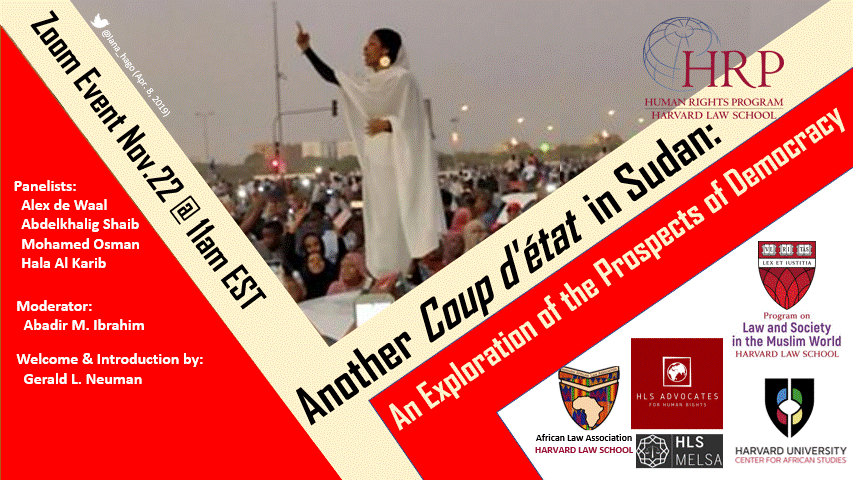
Since independence, the people of Sudan have endured a series of coups, wars, and unspeakable violence including a modern-day genocide. Despite these misfortunes, Sudan also has a proud history of pro-democracy protest movements that resisted authoritarianism. In a number of occasions, civilian protest movements have even succeeded in bringing about democratic transitions. However, every attempt at democratization has been thwarted by a subsequent authoritarian reversal.
In April 2019, a youthful pro-democracy movement succeeded in bringing down President Omar al-Bashir, a military officer who ruled the country for three decades and was accused of committing war crimes, crimes against humanity and genocide by the International Criminal Court. While Sudan’s democratic transition was seen as a beacon of hope in an increasingly troubled region, that hope may soon be dashed. On the 25th of October, just two years after the protest movement forced the establishment of a transitional government, the military has once again taken power by force.
As the pro-democracy protest movement begins to re-galvanize, and the military unleashes coercion and violence, a specter of uncertainty looms over Sudan. Positioned in this moment of flux, this webinar will explore the different possible outcomes that Sudan may face from the diverse vantage points of the panelists.
Panelists
 Gerald L. Neuman is the J. Sinclair Armstrong Professor of International, Foreign, and Comparative Law, and Director of the Human Rights Program, Harvard Law School. He teaches courses in international human rights law, immigration and nationality law, and U.S. constitutional law. In addition to having served as a Member of the UN Human Rights Committee, Gerald L. Neuman has published widely on issues of human rights law, immigration and nationality law, and U.S. and comparative constitutional law.
Gerald L. Neuman is the J. Sinclair Armstrong Professor of International, Foreign, and Comparative Law, and Director of the Human Rights Program, Harvard Law School. He teaches courses in international human rights law, immigration and nationality law, and U.S. constitutional law. In addition to having served as a Member of the UN Human Rights Committee, Gerald L. Neuman has published widely on issues of human rights law, immigration and nationality law, and U.S. and comparative constitutional law.
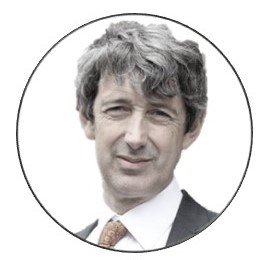 Alex de Waal is executive director of the World Peace Foundation and a research professor at The Fletcher School at Tufts University. Considered one of the foremost experts on Sudan and the Horn of Africa, his scholarship and practice has also probed humanitarian crisis and response, human rights, HIV/AIDS and governance in Africa, and conflict and peacebuilding. Alex de Waal received a D.Phil. from Oxford for his thesis on the 1984-1985 Darfur famine in Sudan.
Alex de Waal is executive director of the World Peace Foundation and a research professor at The Fletcher School at Tufts University. Considered one of the foremost experts on Sudan and the Horn of Africa, his scholarship and practice has also probed humanitarian crisis and response, human rights, HIV/AIDS and governance in Africa, and conflict and peacebuilding. Alex de Waal received a D.Phil. from Oxford for his thesis on the 1984-1985 Darfur famine in Sudan.
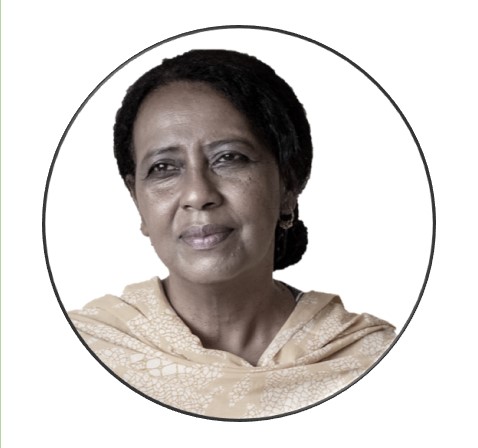 Hala Al Karib is a Sudanese activist who specializes and works on the Sudans and the Horn of Africa. She is the regional director of the Strategic Initiative for Women in the Horn of Africa (SIHA). She has broad knowledge and expertise on the Horn and Eastern Africa regions, as a civil society worker, an activist, and a social and gender research practitioner. She is editor in chief of Women in Islam, an annual Arabic and English Journal published by SIHA Network.
Hala Al Karib is a Sudanese activist who specializes and works on the Sudans and the Horn of Africa. She is the regional director of the Strategic Initiative for Women in the Horn of Africa (SIHA). She has broad knowledge and expertise on the Horn and Eastern Africa regions, as a civil society worker, an activist, and a social and gender research practitioner. She is editor in chief of Women in Islam, an annual Arabic and English Journal published by SIHA Network.
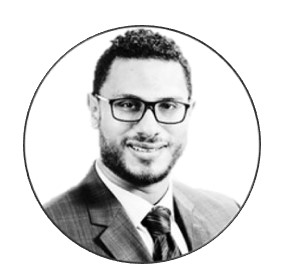 Abdelkhalig Shaib is legal counsel at an international bank in Bahrain. He received his LLB and LLM degrees from the University of Khartoum and also holds an LLM degree from Harvard Law School. He is a member of the Sudanese Bar Association, the New York State Bar Association, and the American Bar Association. He is also one of the founders of the Arab Association of Constitutional Law. In addition to providing drafting and analytic support in the process of adopting Sudan’s 2019 Constitutional Charter, Abdelkhalig has provided legal advice to a number of international organizations on Sudan’s constitution-making, elections, and political accommodation in Sudan. Abdelkhalig has published a number of studies and articles.
Abdelkhalig Shaib is legal counsel at an international bank in Bahrain. He received his LLB and LLM degrees from the University of Khartoum and also holds an LLM degree from Harvard Law School. He is a member of the Sudanese Bar Association, the New York State Bar Association, and the American Bar Association. He is also one of the founders of the Arab Association of Constitutional Law. In addition to providing drafting and analytic support in the process of adopting Sudan’s 2019 Constitutional Charter, Abdelkhalig has provided legal advice to a number of international organizations on Sudan’s constitution-making, elections, and political accommodation in Sudan. Abdelkhalig has published a number of studies and articles.
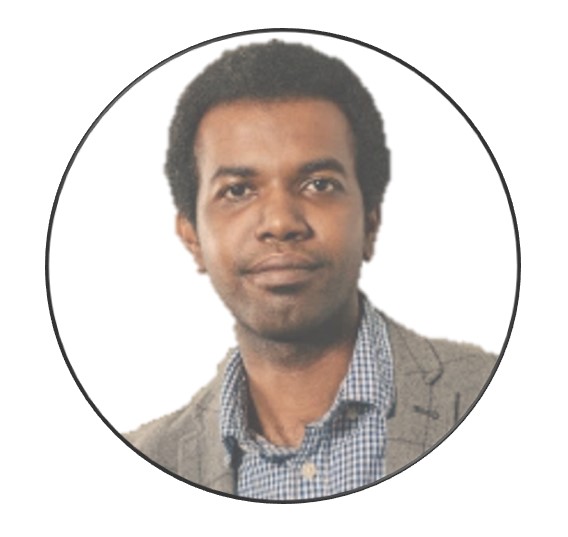 Mohamed Osman is a Researcher in Human Rights Watch’s Africa Division. After receiving a legal education in the University of Khartoum, Mohamed practiced law in Sudan and worked as a legal adviser to international organizations including Redress, Sudan Human Rights Monitor and the ICRC. He has a master’s degree from the University of Essex on International Human Rights and Humanitarian Law.
Mohamed Osman is a Researcher in Human Rights Watch’s Africa Division. After receiving a legal education in the University of Khartoum, Mohamed practiced law in Sudan and worked as a legal adviser to international organizations including Redress, Sudan Human Rights Monitor and the ICRC. He has a master’s degree from the University of Essex on International Human Rights and Humanitarian Law.
Moderator
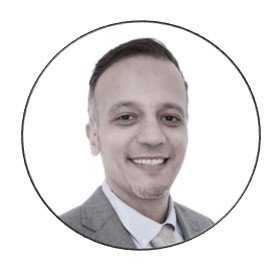 Abadir M. Ibrahim is the Associate Director of the Human Rights Program. Before joining the HRP he was the Head of the Secretariat for the Legal and Justice Affairs Advisory Council of Ethiopia, an institution established as an independent body to advise the government on conducting pro-democracy and pro-rights justice sector reforms. As a lawyer, activist, scholar, and educator in African human rights law, he both practices and studies human rights at a global, African and domestic levels.
Abadir M. Ibrahim is the Associate Director of the Human Rights Program. Before joining the HRP he was the Head of the Secretariat for the Legal and Justice Affairs Advisory Council of Ethiopia, an institution established as an independent body to advise the government on conducting pro-democracy and pro-rights justice sector reforms. As a lawyer, activist, scholar, and educator in African human rights law, he both practices and studies human rights at a global, African and domestic levels.
Sponsored by Harvard Law’s Human Rights Program and the Program on Law and Society in the Muslim World.
Co-Sponsored by Harvard University’s Center for African Studies and Harvard Law’s Advocates for Human Rights, African Law Association, and Middle Eastern Student Association.
This event has passed.
You can find a complete recording of the discussion below.
